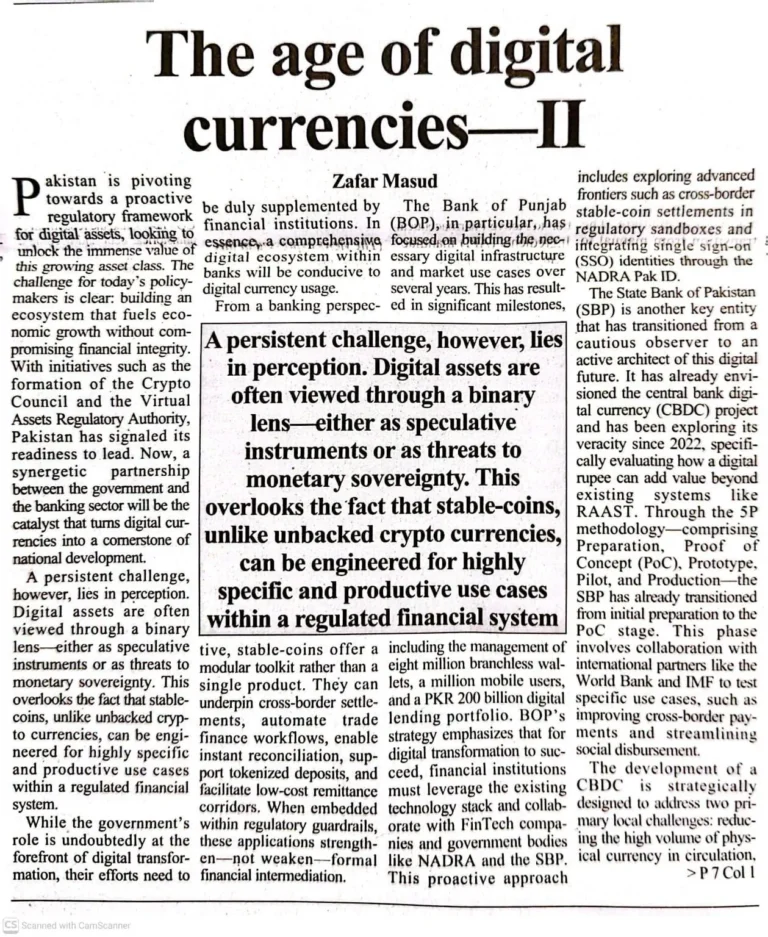
Adopting Digital Currencies in Pakistan — Survival for a Sustainable Future — BR OPINION, Part 2
In the conclusion of his series on Digital Currencies in Pakistan for Business Recorder, Mr. Zafar Masud outlines a strategic
This page showcases the diverse body of work by Mr. Zafar Masud, encompassing his insightful articles featured in prominent local newspapers, his compelling books “Seat 1C” and “Out of the Box,” and his significant contributions and ideas pertaining to financial policy. Explore his publications to gain a deeper understanding of his perspectives and expertise across various domains.

In the conclusion of his series on Digital Currencies in Pakistan for Business Recorder, Mr. Zafar Masud outlines a strategic
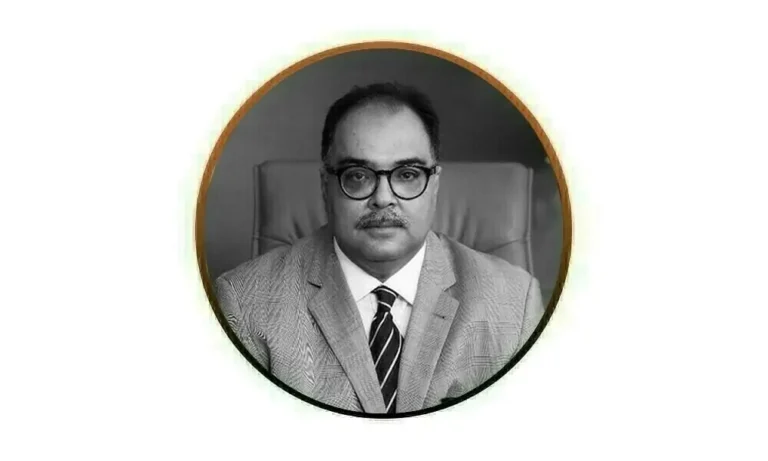
Mr. Zafar Masud, argues that the evolution of digital currencies in Pakistan is no longer a matter of choice but
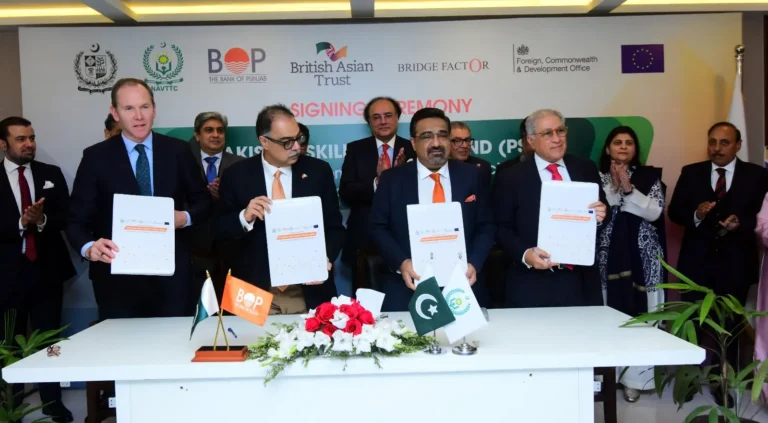
The article “Social Impact Bond” written by Zafar Masud (Chairman of the Pakistan Banks Association and CEO of the Bank
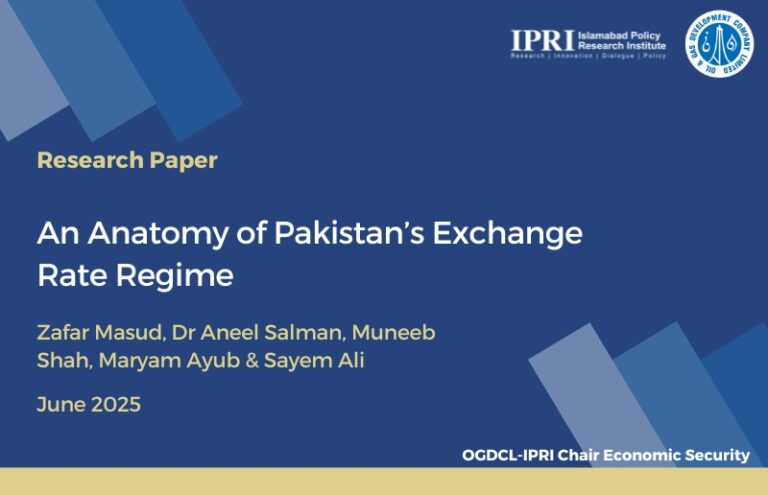
This paper, ‘An Anatomy of Pakistan’s Exchange Rate Regime’ —coauthored by Zafar Masud and others, conducts an empirical analysis to
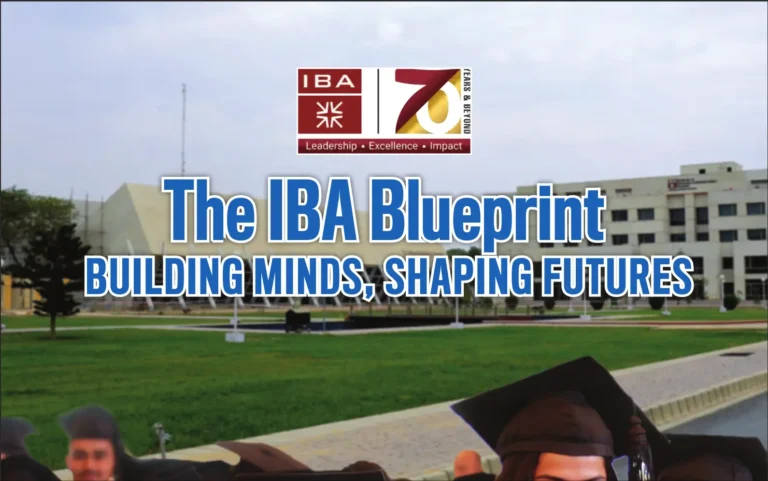
From Classrooms to Boardrooms – IBA Today – Special Editorial Feature article by Zafar Masud
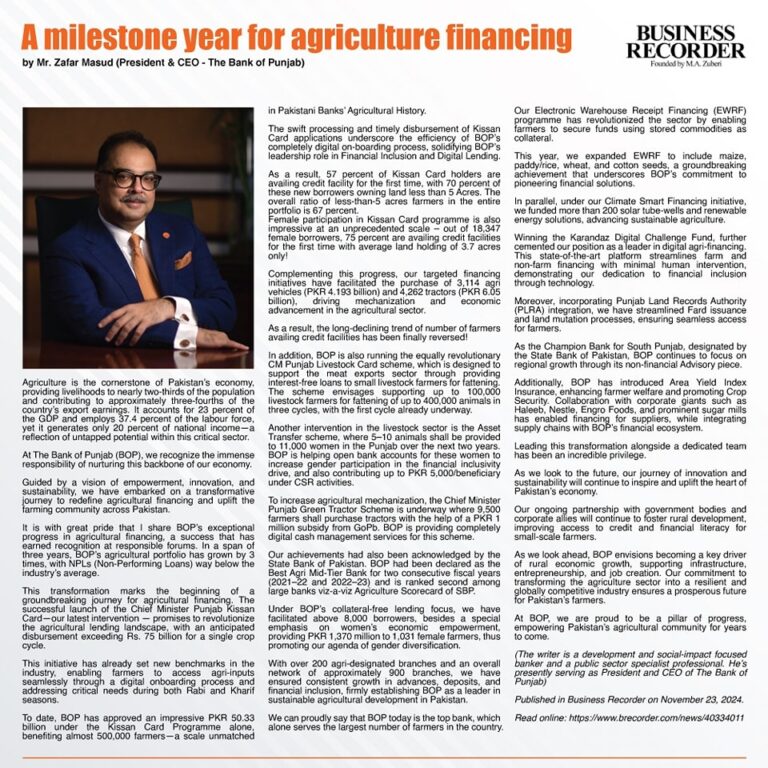
A milestone year for agriculture financing: Mr. Zafar Masud, President & CEO of The Bank of Punjab (BOP), highlights the